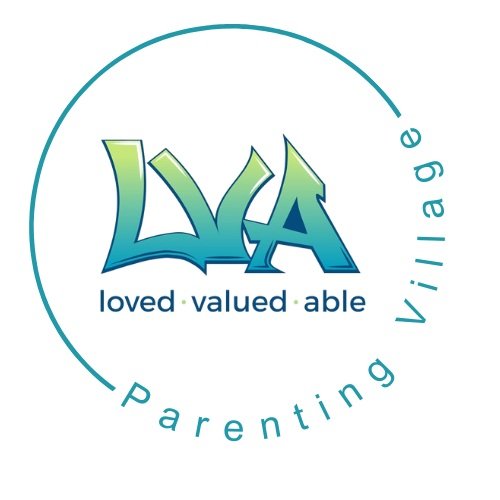
Welcome to the LVA Village
Consent & Coercion
Sexual intimacy is complex. It’s intimate, and messy (literally and metaphorically). We break talking about it into four different aspects. This will help you process your experiences and expectations once you have that in order, you’ll feel more confident to empower your young person to think about their own journey of expectations. The more healthy empowerment we give them the more likely it is they will put boundaries and protections in place; so that if they choose to have sexual intimacy it will be a pleasurable and safe experience.
Sexual Intimacy.

Let’s talk about Sex…
How do we talk about sex?
Fear or empowerment!
Love, Lust or Romance
What’s the difference?
How do we find teachable moments?
Gentle & consistent (laced with humour)
Consent - redefined
In England, the legal age of consent to sexual activity is 16. Consent is defined in law as agreement by choice made by someone with the freedom and capacity to consent. Under the law, it is the person seeking consent who is responsible for ensuring that these conditions are met.
But what are we really equipping our young people to look for and give when it comes to consent?
Keys to Consent
But what are we really equipping our young people to look for and give when it comes to consent?
We don’t want to give them a “how do I get away with it” mentality. It’s important they know the law but that’s not the end goal. The end goal is safe, consensual, enjoyable sexual intimacy in the context of healthy, consensual, safe (mentally, emotionally, physically, and spiritually) relationships.
We do this through empowerment NOT fear!
And it’s okay to not get it perfect (who does?) but silence will be worse than not getting (safe) openness perfect!
Where do we start? Use the following points to help you kick off the convo!
Communication
Clarity
Choice
Continuation
How can we model these things to our young people in everyday life?

Sexual Coercion
It’s ILLEGAL
The act of using pressure, alcohol/drugs, gifts with expectations, or force to engage someone in sexual contact against his or her will and includes “persistent attempts to have sexual contact with someone who has already refused (wearing the person down until they concede).”
Where else do we see and use coercion in general?
Discussion Time
Coercion is all around us. Teachers use it. Parents use it. Politicians use it. Friends use it. Your young person will point this out (they love to show how we are all hypocrites lol). So here are some counter questions and statements to help you navigate that.
•Sexual and criminal coercion is illegal – the reason is that it is used to harm the victim and it enables vulnerable people (such as those with learning disabilities) to have legal protection if they have something done to them or do something illegal that they were coerced into doing.
• Non-illegal coercion although morally questionable is a way to get people to do what you want them to with the least resistance. Its intention is not to cause harm, although it’s a good discussion point!
•There is a difference between parents and teachers explaining the consequences of actions and coercion. IE do your homework or you lose your Xbox. (they will try to argue this point).
•Children pick up coercive behaviour early on in life “If you do this for me then I’ll do this for you” The best way to change this type of behaviour is to teach them the art of negotiation and how to accept NO gracefully.
GOOD LUCK!
Red Flags
(possible signs of abusive behaviour)
Intensity - When someone is ‘over the top’ in their behaviour and expresses very extreme feelings
Manipulation - When someone tries to control your actions, decisions and emotions
Sabotage - When someone intentionally ruins your reputation, success etc…
Guilting - Makes you feel responsible for their actions or like their emotions are your responsibility
No accountability - When someone constantly makes excuses for their unhealthy behaviour
Possessiveness - When someone is jealous to the point, they try to control you and your relationships
Belittling - When someone does and says things that negatively affect your self-esteem
Volatility - When someone has a strong, unpredictable reaction that makes you feel intimidated or confused
Betrayal - When someone is disloyal or acts in an intentionally dishonest way
Isolation - When someone keeps you away from friends, family and other people
In a perfect intimate relationship, the other person is…
Someone I feel safe with.
Q: How do we know when we feel safe?
Empowered!
What one thing can we do this week feel more able to talk confidently about these topics?
How will we relay the message we are trying to share with our young people?
Where do you find your teachable moments?


























